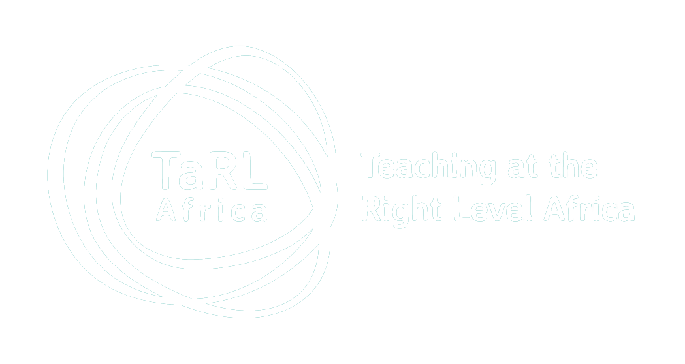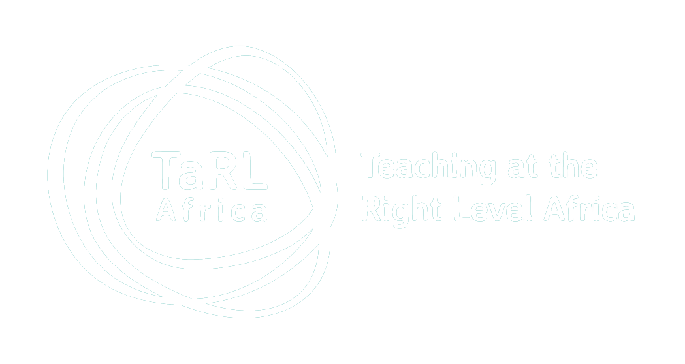The United Nations Children’s Fund (UNICEF) and the UK’s Foreign, Commonwealth & Development Office (FCDO), in collaboration with TaRL Africa, have launched an operational research study in Borno and Yobe States, located in the North East region of Nigeria. The study aims to gain valuable insights into the impact of Teaching at the Right Level (TaRL) and the Kanuri Arithmetic and Reading Intervention (KARI) in enhancing literacy and numeracy outcomes. Stay tuned for upcoming updates on the findings of this study.
Moving on to Côte d’Ivoire, TaRL Africa is also exploring innovative approaches to improve the effectiveness and sustainability of mentoring support provided to teachers implementing the Programme d’Enseignement Ciblé (PEC), the government-led TaRL program in the country. Building on qualitative scoping research, an innovation has been developed to enhance the mentoring support offered by pedagogical advisors (mentors). This innovation comprises two key components: the strategic use of data to guide targeted school visits by mentors and remote mentoring through phone calls and SMS. A pilot phase for this innovation was conducted in May to assess its feasibility. The results from the pilot will inform a planned Randomized Controlled Trial (RCT) in the coming months, which will evaluate the impact of this innovation, aiming for a more sustainable pedagogical support model and efficient program scale-up.
Meanwhile, in Zambia, to inform an evidence-driven and locally contextualized scale up strategy, the TaRL Africa Measurement Learning and Evaluation (MLE) team is conducting a rigorous scientific study to measure the impact of the Catch Up program on learning outcomes in Zambian primary schools. The study employs a Randomized Controlled Trial (RCT) methodology, ensuring a controlled implementation and measurement of the program across a randomly selected sample of schools and pupils. By utilizing this approach, the study aims to generate unbiased results that can inform the scale-up of TaRL programs not only in Zambia but also in other African countries with similar contexts. Taking place from June 2022 to November 2024, the study involves 273 schools in Central and Western provinces of Zambia, encompassing a sample of 8,025 pupils (4,089 girls and 3,936 boys).

